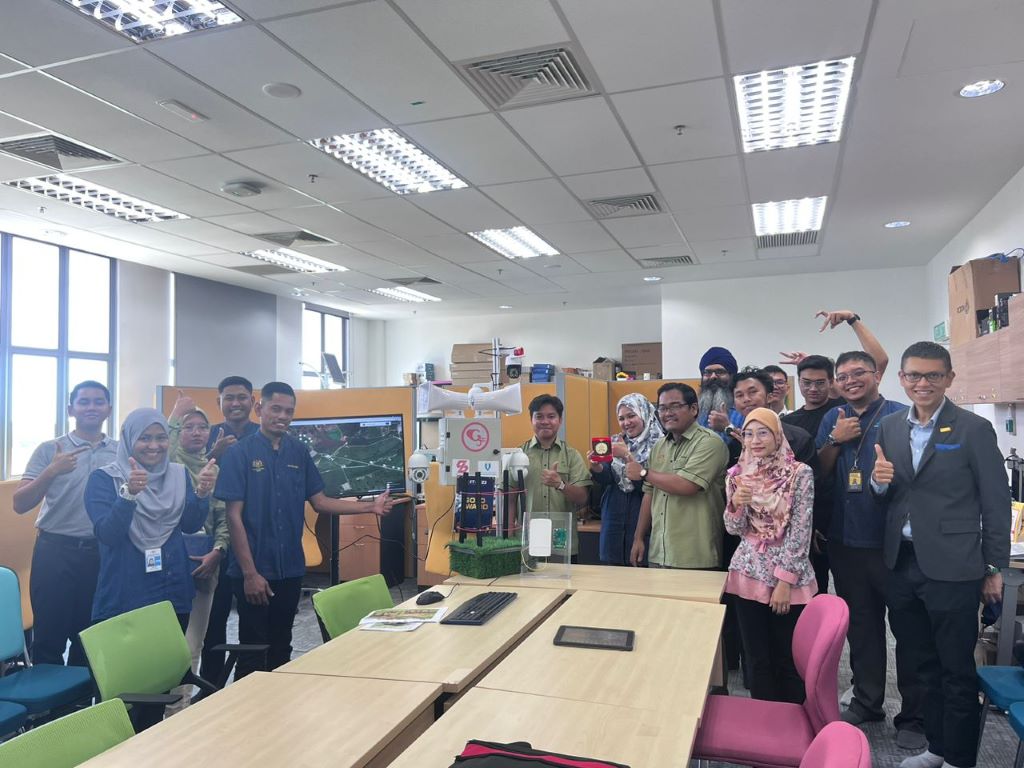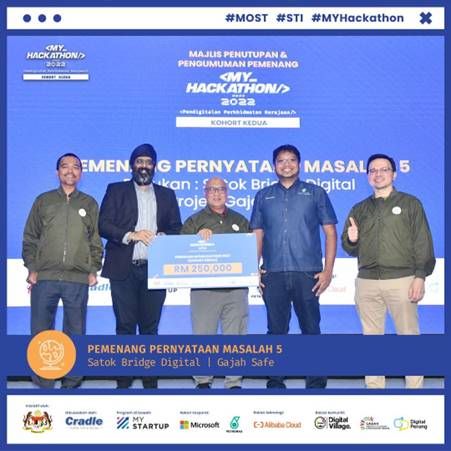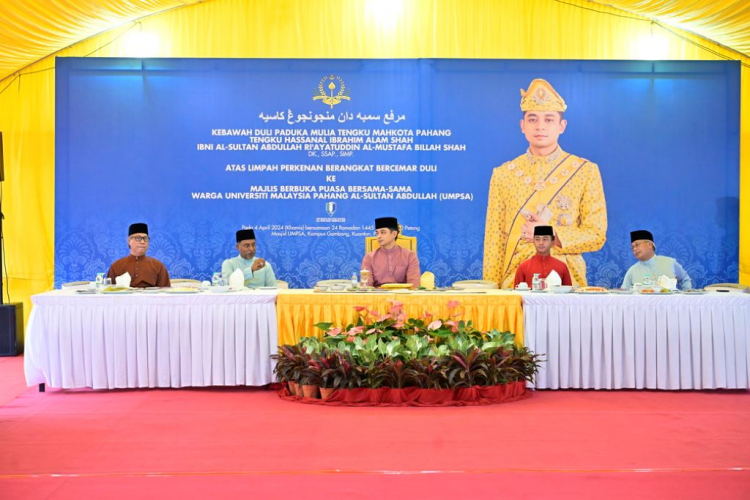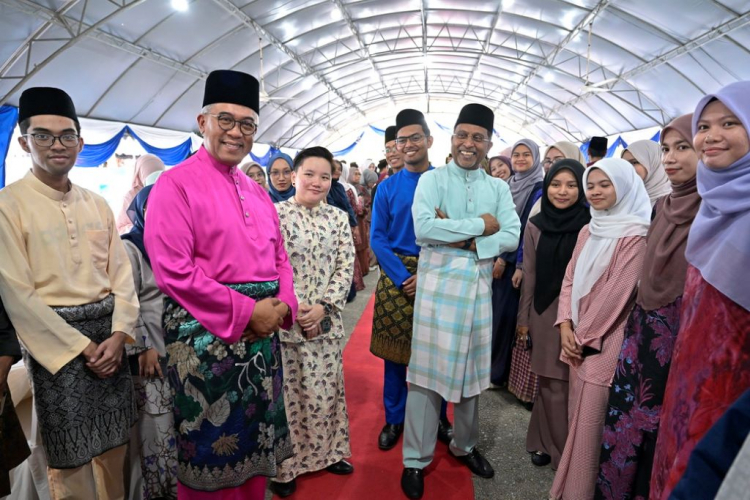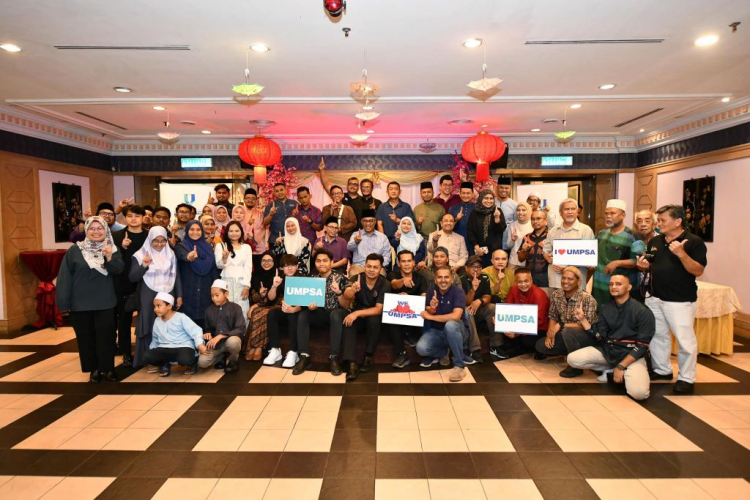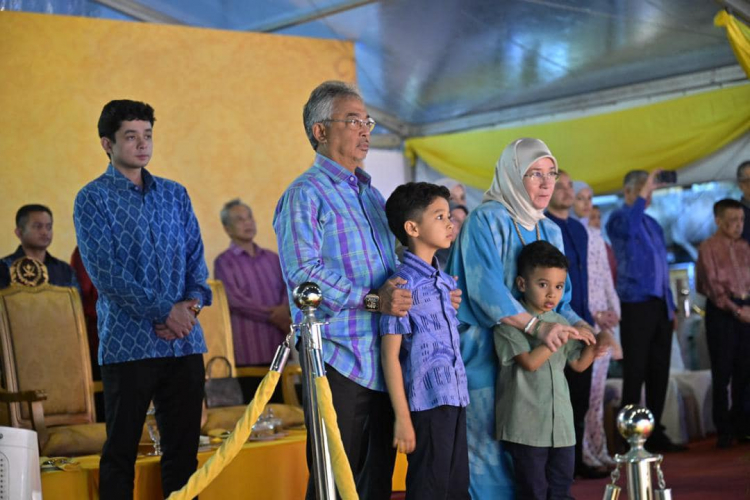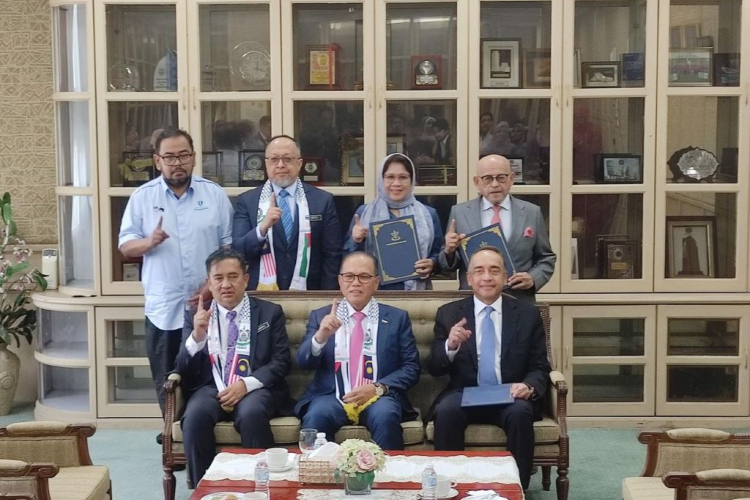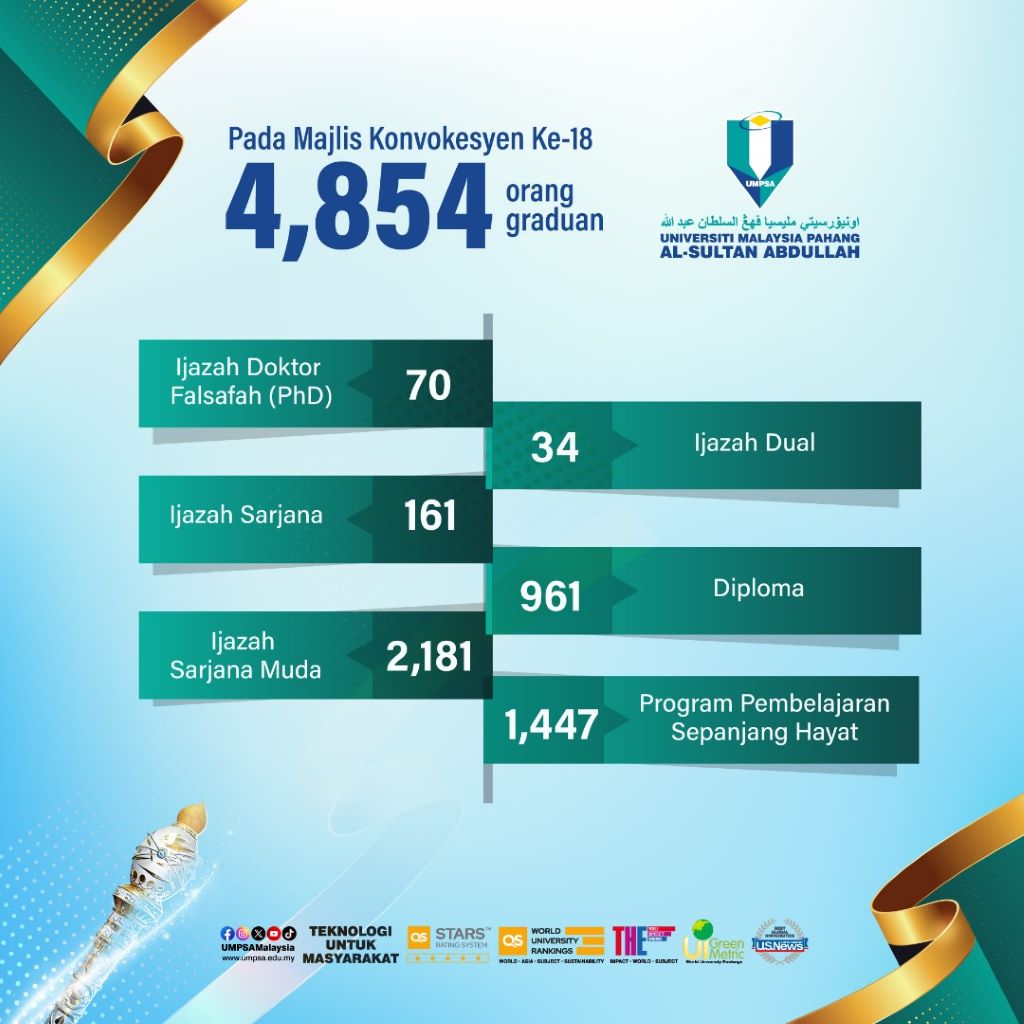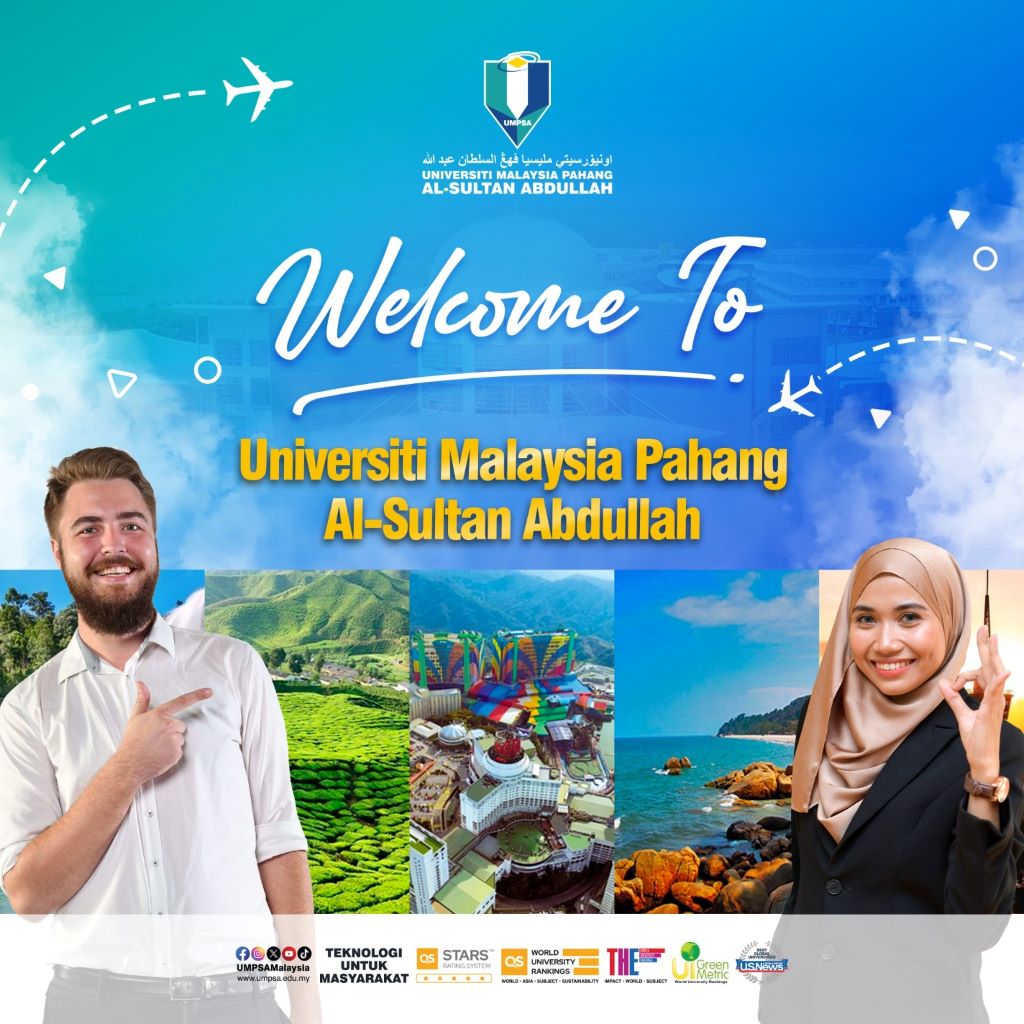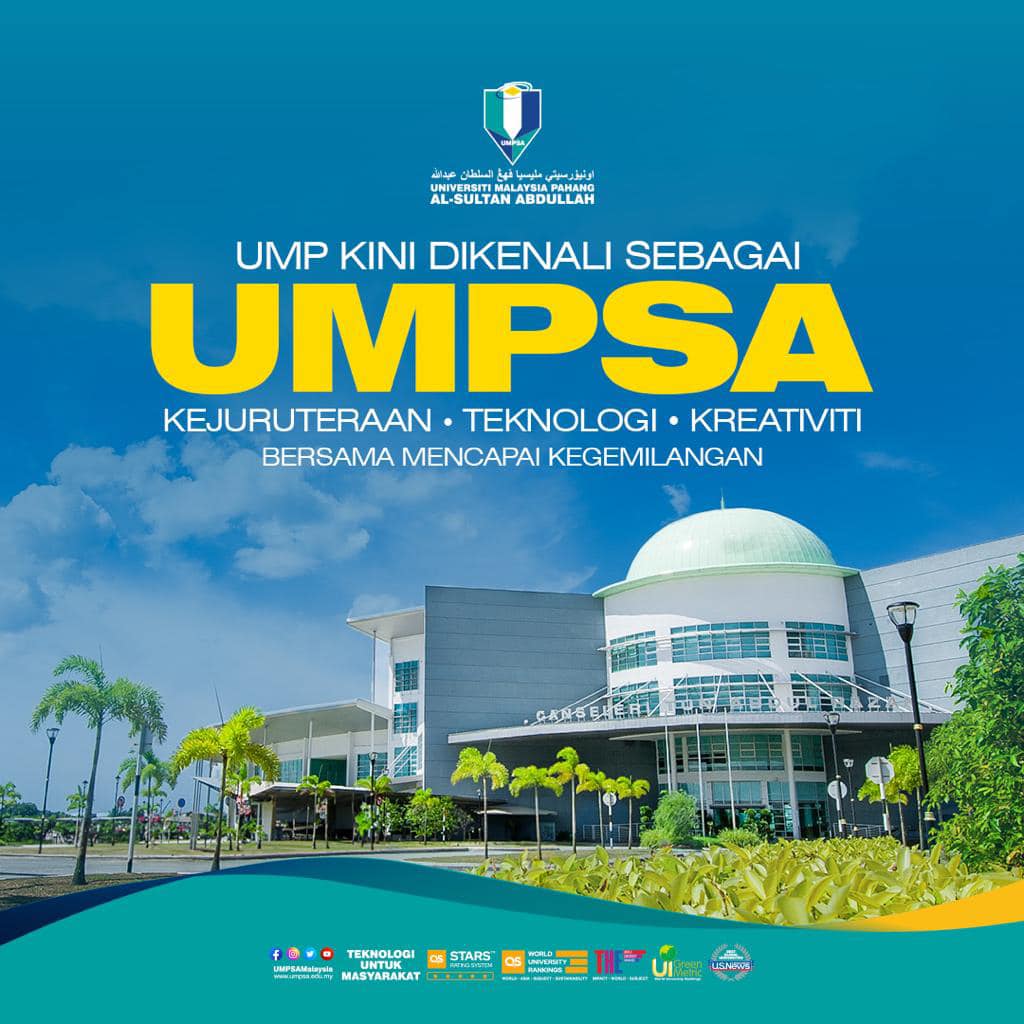Harnessing Real-World Projects: A Strategic Proposal for Industry Engagement and Income Generation in Malaysia’s Technical Universities
As the financial landscape of higher education evolves globally, innovative solutions are being sought. A forward-thinking approach involves the transformation of classrooms in Malaysia’s technical universities into project centres. In these centres, academic staff mentor students to develop real-world solutions for projects provided by industry clients. This model aligns with national policy goals and serves a dual purpose: acting as an income source and promoting experiential learning.
Given dwindling government subsidies and mounting competition, universities are increasingly exploring alternative income strategies. One such promising initiative is the project-based work-study model. This model advocates for the formation of partnerships between universities and industry clients who provide practical projects. The traditional classrooms thus morph into dynamic innovation hubs, and academics transition from being lecturers to mentors, guiding students as they navigate industry challenges and formulate solutions.
For instance, in a software development project, students could develop an app or enhance an existing system for a tech company. The project scope could also involve digital content creation, like crafting interactive user interfaces or curating personalised content algorithms. This aligns with the objectives of the Digital Malaysia initiative, aimed at propelling Malaysia into the digital economy.
Mechanical engineering projects could align with the National Automotive Policy, intending to establish Malaysia as a regional leader in automotive manufacturing, engineering, and technology. Here, students could design a more efficient component for machinery or devise an optimised manufacturing process solution.
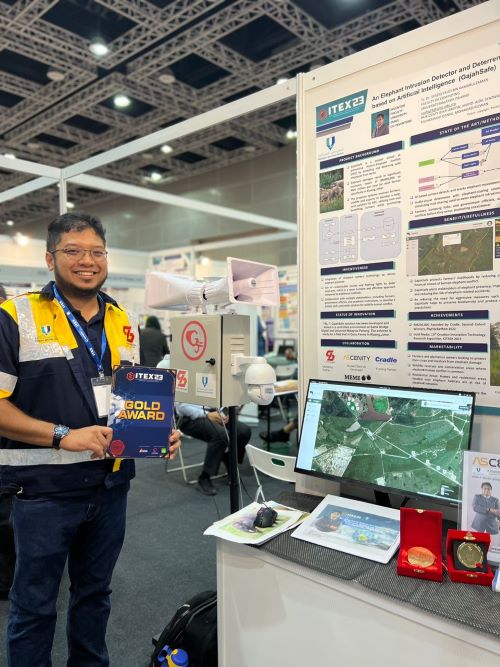
In electronics, students could contribute to projects such as designing efficient circuitry or enhancing consumer electronic devices. The creation of digital content, including embedded software, user interfaces, or Internet of Things (IoT) applications, aligns with the National Policy on Industry 4.0 (IndustryFWRD).
Each successful project culminates in a real-world solution, thereby enhancing student portfolios and contributing to university income. A portion of the client’s payment is shared between the university and the students, fostering a win-win situation.
Industries stand to benefit from their involvement in manifold ways. They gain access to innovative solutions and fresh perspectives from students while also cultivating a potential talent pool for future recruitment. However, risks such as project confidentiality, intellectual property rights, and ensuring solutions meet industry standards need careful consideration. It is recommended that detailed agreements be established at the outset to address these concerns.
Promotion of these real-world opportunities, especially those involving digital content creation, could significantly boost enrolments and revenues by appealing to international students. Such an approach would differentiate Malaysian technical universities, making them attractive to students seeking a comprehensive, practical educational experience.
The application of this model enables the dynamic use of university facilities, with classrooms transitioning into innovation hubs. Success stories from these project-based programmes can serve as compelling promotional materials, attracting students, industry partners, and donors.
Alumni, inspired by these tangible opportunities available to current students, may feel more motivated to contribute to their alma mater, opening an additional income channel. The funds raised could be directed towards endowments and scholarships, supporting further student participation in these project-based programmes.
While the shift to this model may seem ambitious, it is not without global precedent. Institutions such as the Massachusetts Institute of Technology (MIT) and the Swiss Federal Institute of Technology (ETH Zurich) have implemented similar work-study programmes, attaining substantial success. This innovative approach offers a solution for income generation, providing a more engaging, practical, and industry-relevant education for students. It aligns seamlessly with Malaysia’s national policy vision, aiming to create a future-ready, resilient economy and society.

The writer is a Senior Lecturer at the Faculty of Computing, University Malaysia Pahang Al-Sultan Abdullah (UMPSA) and won the Industry Collaboration Quality Award, Universiti Malaysia Pahang.
E-mail: syafiq29@ump.edu.my


